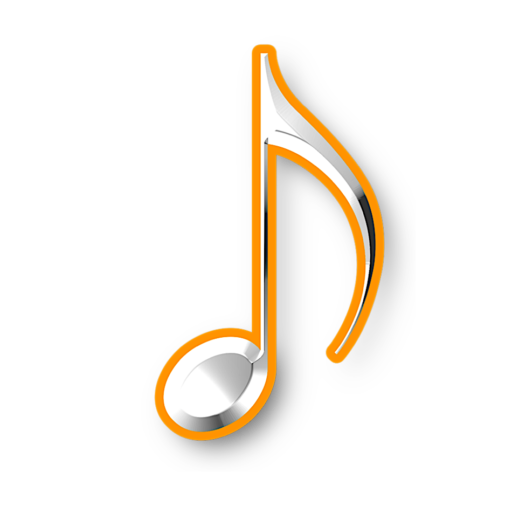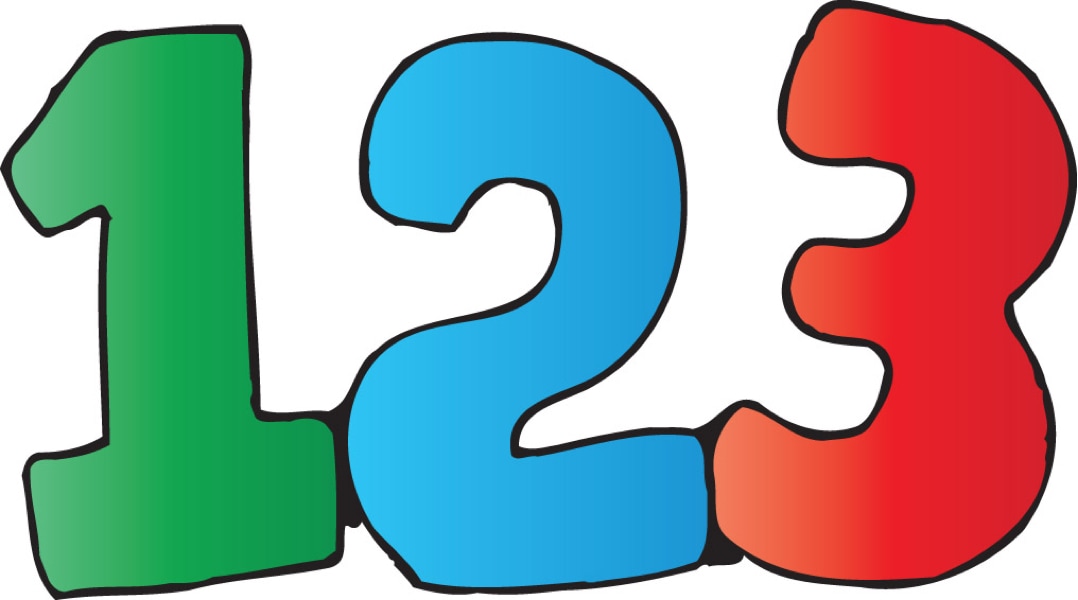
Piano Scales for exams
There are too many scales in ABRSM piano exams: far more than for other instruments - and I have sat across the table from the chief examiner and told her so. Why are there just scales and arpeggios and not technical exercises, as for other instruments?












